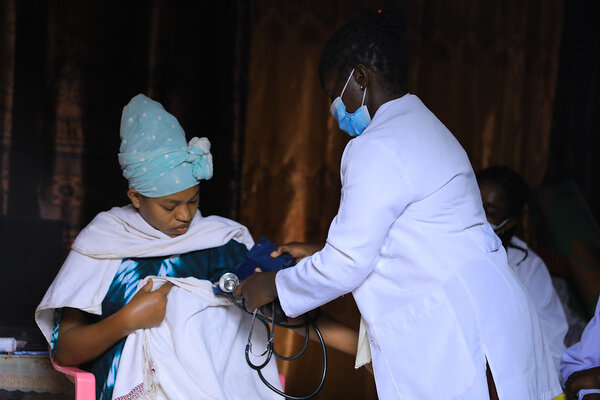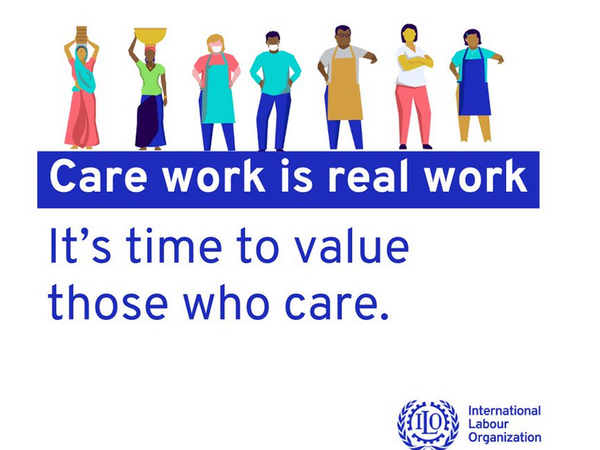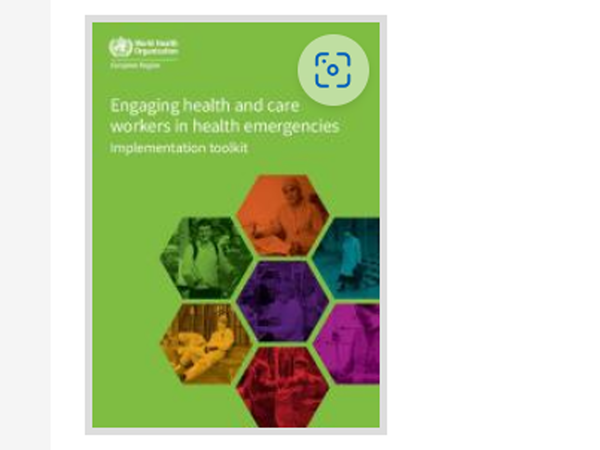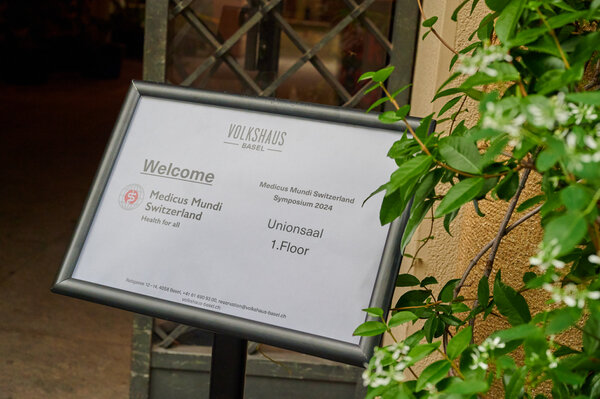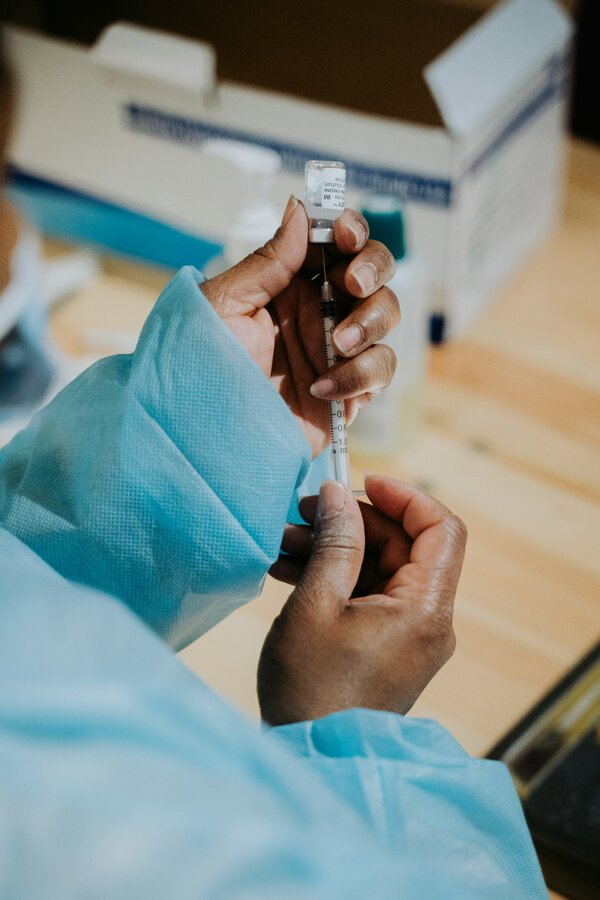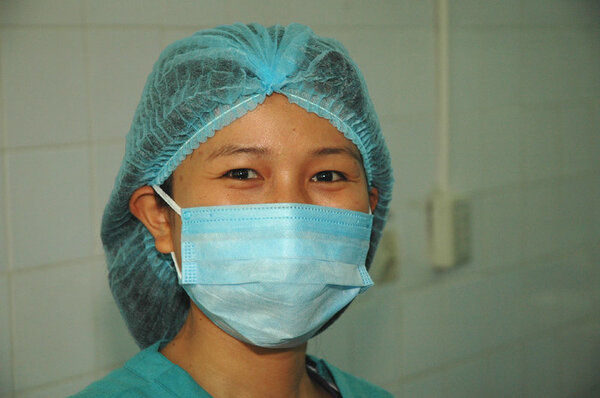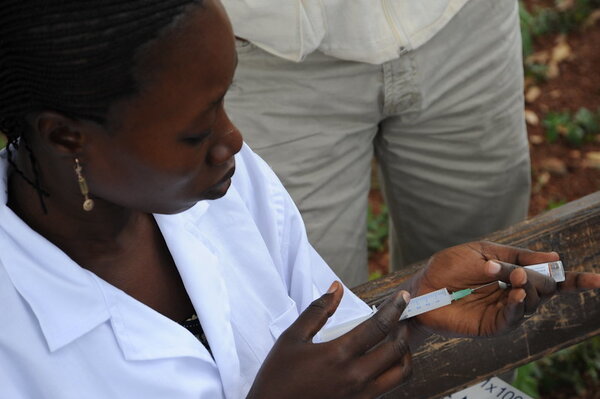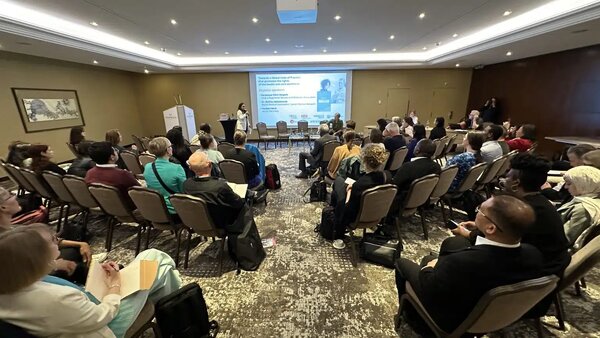04.10.2021 – BioMed Central Human Resources for Health
Employment and working conditions of nurses: where and how health inequalities have increased during the COVID-19 pandemic?
"Nurses and midwives play a critical role in the provision of care and the optimization of health services resources worldwide, which is particularly relevant during the current COVID-19 pandemic. However, they can only provide quality services if their work environment provides adequate conditions to support them. Today the employment and working conditions of many nurses worldwide are precarious, and the current pandemic has prompted more visibility to the vulnerability to health-damaging factors of nurses’ globally. This desk review explores how employment relations, and employment and working conditions may be negatively affecting the health of nurses in countries such as Brazil, Croatia, India, Ireland, Italy, México, Nepal, Spain, and the United Kingdom."

